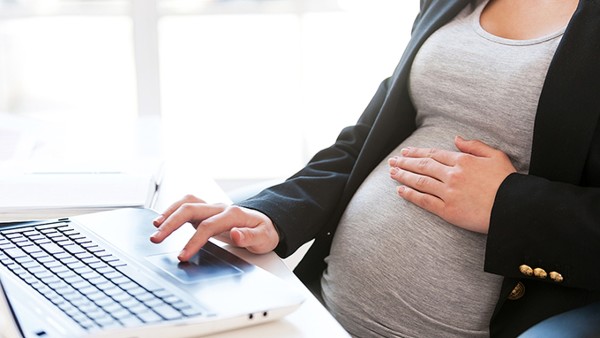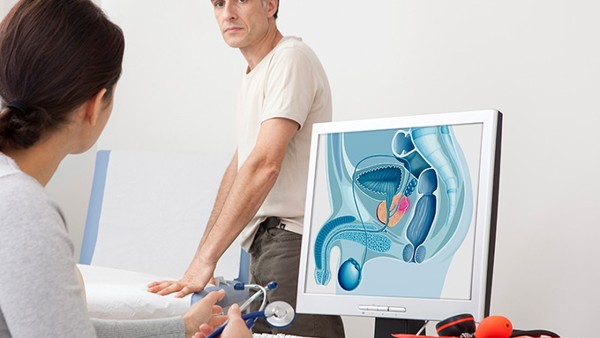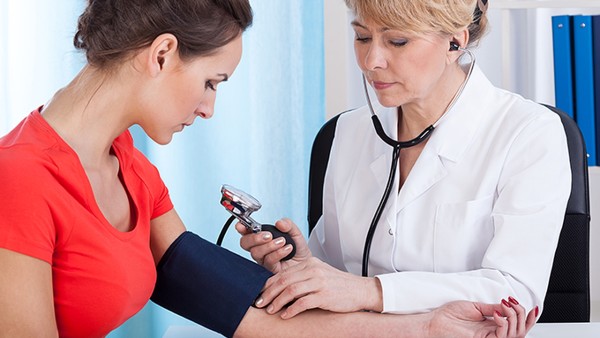While most children of the same age are enjoying their own happiness, two brothers living in Yaozhuang Town, Jiashan suffered a tragedy in which one was killed and the other injured. The murderer turned out to be a mother suffering from postpartum depression. According to relevant doctors, mothers born in the 1980s have become a group prone to postpartum depression.

Postpartum depression is often overlooked
Did you experience a period of depression within half a year after giving birth to your baby? The reporter randomly interviewed more than a dozen young mothers. Some of them said that they felt helpless, unwilling to speak, upset, insomniac, or at a loss, but perhaps due to fatigue or troubles in daily life, they gradually disappeared. past.
"In fact, the incidence of postpartum depression is very high. 20% to 30% of pregnant women will experience postpartum negative emotions, and about 5% to 8% of pregnant women suffer from postpartum depression. It is very harmful to the family." International Relevant authoritative experts from Friendship Maternal and Child Health Hospital told reporters. Affected by the baby boom in the late 1970s and early 1980s, the number of pregnant women in Shanghai has increased in recent years. At the same time, the incidence of postpartum depression has also increased.
"This is a disease with a high prevalence, but this situation has not attracted enough attention from society, families and mothers themselves." The reasons are as follows:
1. After a pregnant mother has given birth, the whole family is in a state of excitement about welcoming the birth of a new life. The mother will no longer become the focus of family interests and is easily ignored;
2. When a mother experiences psychological fluctuations, it is easy to misunderstand that it is due to fluctuations in the baby's gender and wishes, worries about the child being too light or too heavy, family difficulties, disharmony between mother-in-law and daughter-in-law, etc.;
3. Factors such as the mother's fear that depression requires treatment and medication, leaving her baby without anyone to take care of her, or her family being unwilling to acknowledge the fact that she has depression, also causes the mother's mild depression to be eliminated and ignored.
In addition, the unique psychological characteristics of the "post-80s" population are also one of the reasons for postpartum depression. The post-80s generation will experience great psychological fluctuations before and after giving birth to a child. In addition, the conflict between work and childbirth, the increased pressure of raising children, and the pain of childbirth are also factors that cause postpartum depression to occur frequently.
Pay great attention to the transformation of postpartum psychological state
"After giving birth to the baby, my weight is still at 121 pounds, which is 20 pounds heavier than when I was ready to get pregnant. Needless to say, I have to take care of the newborn day and night, and there is nothing to talk about. I always feel exhausted mentally and physically. Life seems to have lost its meaning all of a sudden." Liu Chun, who had just given birth to a baby less than three months ago, told reporters.
What psychological changes will occur to pregnant women after giving birth? Regarding this matter, relevant experts from the International Friendship Maternal and Child Health Hospital stated that after mothers give birth, their psychological state will undergo a huge change, which is also huge compared to the changes in the human body. Generally speaking, the changes in a woman’s psychological state after childbirth can be divided into three types: The first is postpartum depression, which has a probability of occurrence of about 50%-70% and occurs 3-6 days after delivery. Its clinical symptoms include: unstable mentality, insomnia, Secret sobbing, depression, inability to concentrate, anxiety, etc. last about a week.
Secondly, some mothers will develop more serious symptoms, such as anxiety, poor appetite, listlessness, and even often cry for no reason or feel desperate about their future. They may even feel guilty and lose the urge to live. , this is a more serious form of postpartum depression.
Then there is postpartum mental illness. About 0.14%-0.26% of pregnant women with depression will have mental symptoms such as depression, hallucinations, delusions, *** or infanticide. At this time, the mother is already seriously suffering from "postpartum mental illness".
Professor Zhou Meizhen, the person in charge of Weierfu Maternal and Child Psychological Hotline, believes that the current trend of postpartum depression is on the rise. First, due to the fierce competition in today's society and the contradiction between work and childbirth, postpartum depression is more common at present. . Second, most families have only children, and mothers have high expectations for their children, which increases the pressure on childcare.
Postpartum women should not be ignored
"The dangers of postpartum depression cannot be ignored. For children, if the mother suffers from postpartum depression, it will be difficult to take care of the newborn baby. At this time, the mother will be bored and pay less attention to the child. Many overseas studies have found that mothers A baby's indifference will cause the child to lose his happy feelings. The proportion of personality defects and personality problems will be higher when he grows up. This is a long-term harm to the child. Some depressed mothers may even do things that harm their newborns. Behavior, the harm is huge. Even if postpartum depression does not develop, postpartum depression will definitely affect the quality of life of the mother, slow down the postpartum recovery time, cause friction between the couple and their families, and ruin the atmosphere at home." Zhou Meizhen Inform news reporters.
The main body of the current baby boom is composed of the only-child generation born in the 1980s, and many new parents are themselves only children. The unique psychological characteristics of only children are prone to postpartum depression. From development to marriage, pregnancy, and childbirth, they have basically been the management center of the family. Once the baby is born, the focus of the family suddenly shifts to the new born child, and the mother will sometimes feel lost. .
Regarding this matter, relevant personnel emphasized that the restoration of energy and vitality is important to prevent postpartum depression. Nursing staff and family members should help mothers recognize their mother's role, pay close attention to them, and eliminate the mother's mental state of feeling weak and incompetent. Mothers themselves should pay attention to getting more rest and ensuring adequate sleep; do not force themselves to do things they do not want to do, and maintain a stable mood; communicate more with family members to help alleviate inner dissatisfaction.
The above is all the content that the editor wants to share with you. I sincerely hope that these contents can bring some help to your life and health, and I also wish that your life will be happier and happier.
Tags: #mothers #are #very- • Breastfeeding mothers should pay attention
- • Massage method for postpartum mothers to maintain and moisturize their hair
- • How expectant mothers can take good care of their breasts
- • How expectant mothers can prevent premature birth in their daily lives
- • Elderly first-time mothers beware of pregnancy complications















